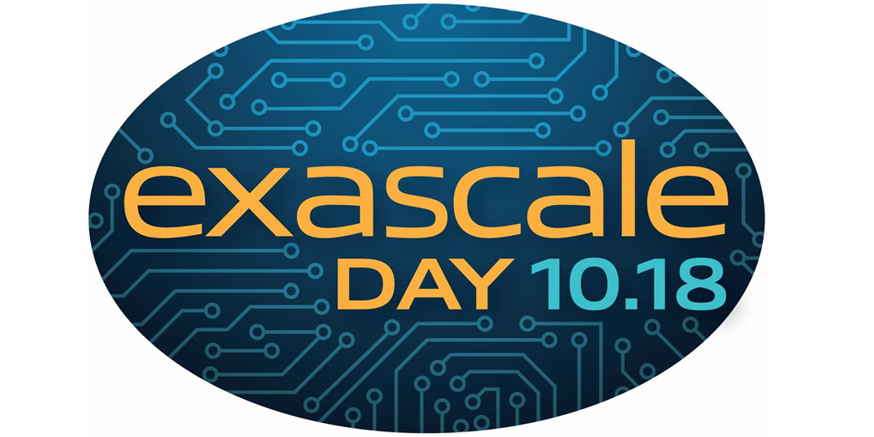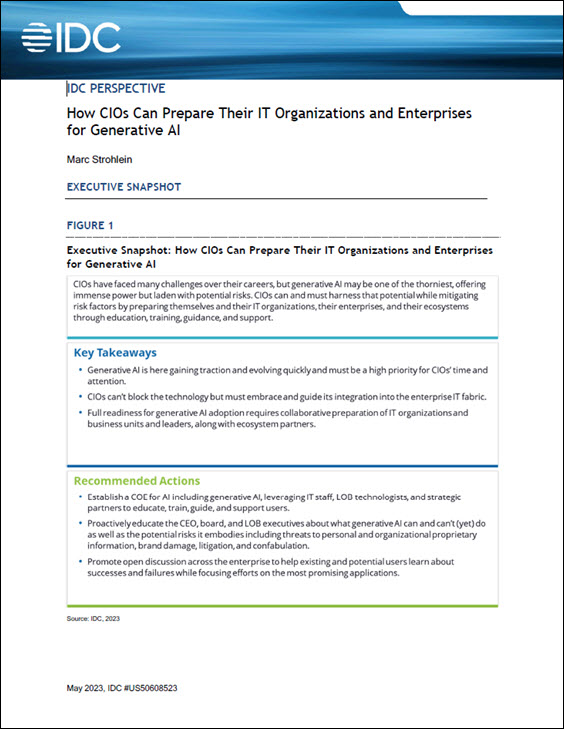Most computers have a central processing unit (CPU) that is capable of general purpose processing, specifically control flow and arithmetic / logic. Applications with heavy processing demands can greatly weigh down the CPU. One solution is to have multiple CPUs, though this can be quite expensive for many cases. Instead, a system designer may add a co-processor that offloads specific tasks, freeing the CPU to concentrate on more general functions.
Co-processors are commonly available for floating-point operations, graphics, and IO. If the end user requires his own co-processor—such as for digital signal processing—then he can build one using an FPGA and a hardware description language.
This chip will then have to be attached to the motherboard some how. A new product that solves this dilemma is an FPGA that slides into an Opteron socket, available from DRC Computer. The module communicates with other Opterons using HyperTransport and promises faster execution of common subroutines at a cost lower than traditional FPGA products.



